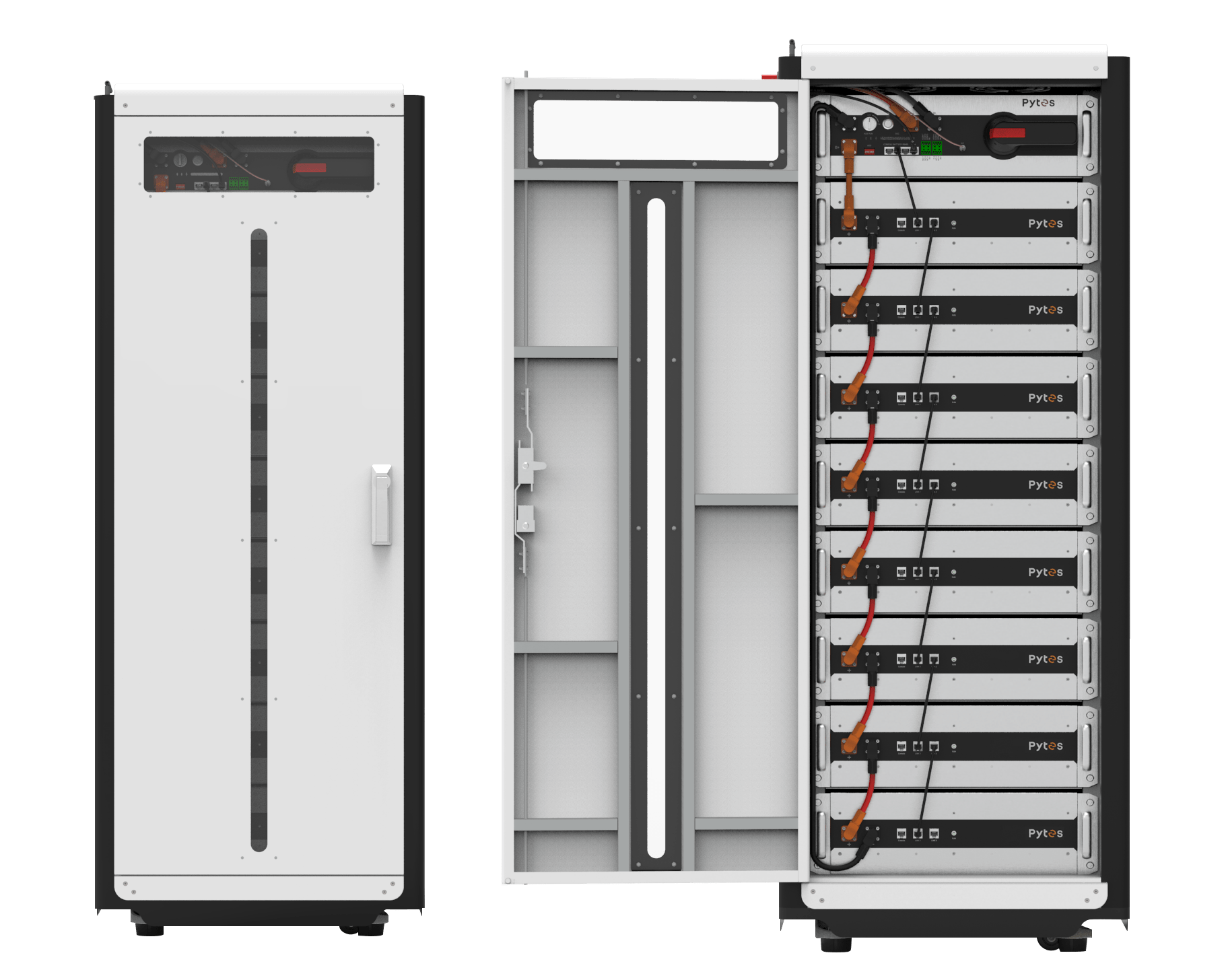Detailing is an art that requires meticulous attention to every nook and cranny of a vehicle's exterior and interior. To achieve that showroom shine, professional detailers rely on a range of specialized chemicals. In this blog post, we will delve into the world of detailing and explore the various chemicals that detailers use to achieve exceptional results.
- Pre-Wash Chemicals:
Detailers begin their process by using pre-wash chemicals to loosen and remove dirt, grime, and other contaminants from the vehicle's surface. These chemicals typically include:
- Traffic film removers: These powerful detergents effectively dissolve road grime, grease, and oil, preparing the vehicle for a thorough wash.
- Iron fallout removers: Designed to dissolve and remove iron particles, these chemicals help eliminate stubborn brake dust and other metallic contaminants.
- Tar and bug removers: These specialized solvents effectively dissolve tar, tree sap, and insect remains, making them easier to remove during the wash.
- Wash and Shampoo:
Once the vehicle is prepped, detailers move on to the washing stage. They use specific shampoos and wash solutions that are gentle on the vehicle's paintwork while effectively removing dirt and grime. Some commonly used chemicals include:
- pH-neutral car shampoos: These gentle yet effective solutions ensure a thorough clean without stripping away wax or damaging the paint.
- Foam cannons: Detailers often use foam cannons to create a thick foam layer that clings to the surface, providing lubrication and encapsulating dirt particles for a safer wash.
- Deionized water: Detailers may also employ deionized water, which has been purified to remove impurities, minerals, and contaminants. This ensures a spot-free rinse and helps prevent water spots.
- Paint Correction and Protection:
Detailers aim to restore and enhance the vehicle's paintwork, and for this, they employ a range of chemicals for paint correction and protection:
- Compounds and polishes: These abrasive chemicals are used to remove imperfections such as swirl marks, scratches, and oxidation from the paint surface. They restore clarity and prepare the surface for further protection.
- Ceramic coatings: Detailers may apply ceramic coatings to provide long-lasting protection to the paint. These coatings create a hydrophobic barrier, repelling water, dirt, and UV rays, while enhancing the gloss and depth of the paint.
- Paint sealants and waxes: These products provide a protective layer on the paint, shielding it from environmental contaminants and UV damage. They also enhance the shine and provide a smooth finish.
- Interior Detailing:
Detailers pay equal attention to the vehicle's interior, using specialized chemicals for a thorough clean and protection:
- Interior cleaners: These cleaners are designed to remove stains, dirt, and grime from various surfaces such as upholstery, carpets, vinyl, and plastics.
- Leather conditioners: To maintain the suppleness and appearance of leather seats, detailers use leather conditioners that moisturize and protect the material from cracking and fading.
- Odor eliminators: Detailers may use odor eliminators to neutralize and eliminate unpleasant odors, leaving the interior smelling fresh and clean.
Conclusion:
Detailers possess a vast arsenal of chemicals tailored to each step of the detailing process. From pre-wash chemicals to paint correction compounds and interior cleaners, these professionals ensure that every aspect of a vehicle receives the attention it deserves. By utilizing these specialized chemicals, detailers can achieve remarkable results, leaving vehicles looking their best.


